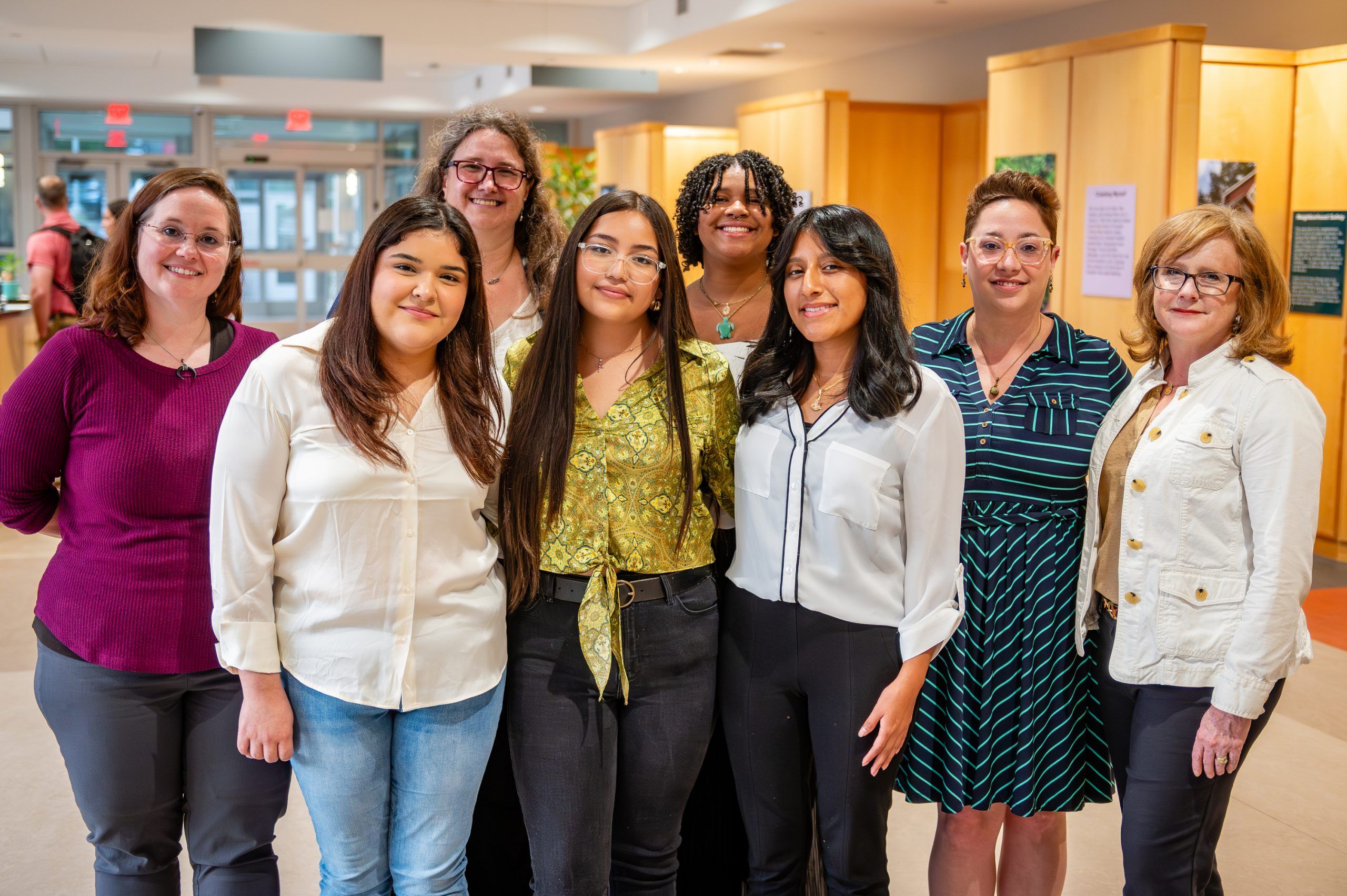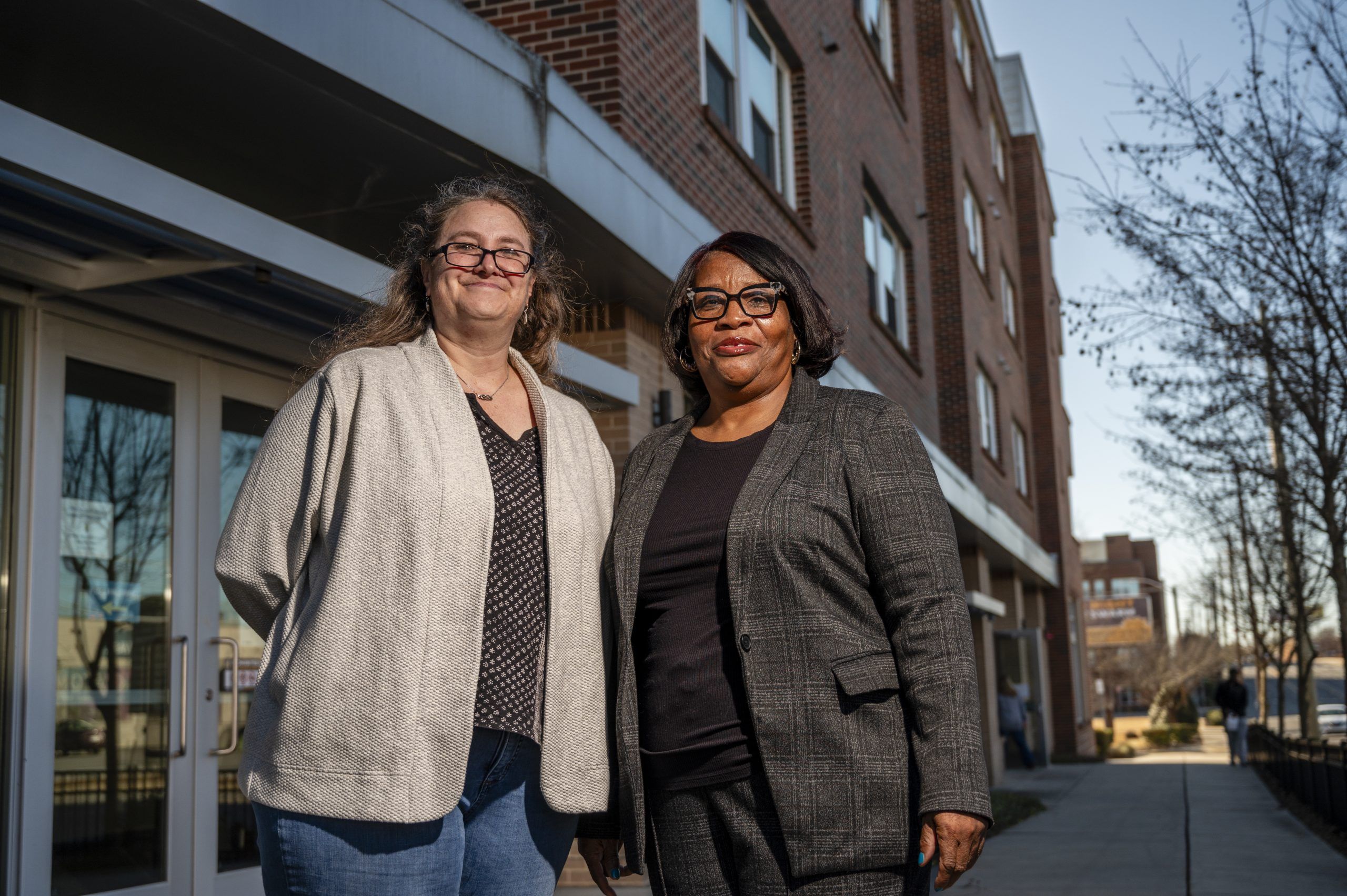Improving NC’s Mental Health Landscape
How do they find a therapist and support their child? For many families, there’s no clear roadmap after a child receives a diagnosis or experiences a crisis.
UNCG is leading efforts to change that – implementing the state’s plan to expand peer support as well as provide other critical services – and contributing to the national understanding of best practices.
“The N.C. Department of Health and Human Services (DHHS) recently released a strategic plan, and peer support is a focus of how they want to move forward,” says Willow Burgess-Johnson, a licensed clinical social worker with the UNCG Center for Youth, Family, and Community Partnerships (CYFCP). “It’s becoming integrated into North Carolina’s vision for the mental health care system.”
Peer support specialists are trained community members who’ve often had experiences similar to those of the people they’re helping.
They provide a sympathetic ear and guidance for families and children navigating the mental health system. UNCG’s work is putting North Carolina on the map as a leader in this promising new approach.
Two CYFCP programs – UNCG’s NC Youth and Family Voices Amplified and NC Healthy Transitions – are training and integrating youth and family peer support specialists into programs across the state.
With $4 million in new funding from DHHS, NC Voices Amplified will train 40 new certified family peer specialists. It’s also working with the National Federation of Families on best practices for peer support and will collect data to measure the impact of family peer support.
Some of these youth peer support specialists may plug into NC Healthy Transitions, which supports 16- to 25-year-olds who have mental health conditions as they transition to adulthood, providing counseling, vocational support, and more. The U.S. Substance Abuse and Mental Health Services Administration recently awarded NC Healthy Transitions $3.75 million to bring the pilot program to Burke, Catawba, and Iredell counties, in collaboration with Children’s Hope Alliance.
“I’ve worked in mental health for a little over two decades now, and there have been many days where I felt discouraged – there’s always more need than there are resources,” Burgess-Johnson says (above with Family Training Coordinator Frederick Douglas). “But this area feels exciting, creative, and innovative. It feels hopeful to me.”
UNCG expands peer support and other critical services across NC – and improves national understanding of best practices.

